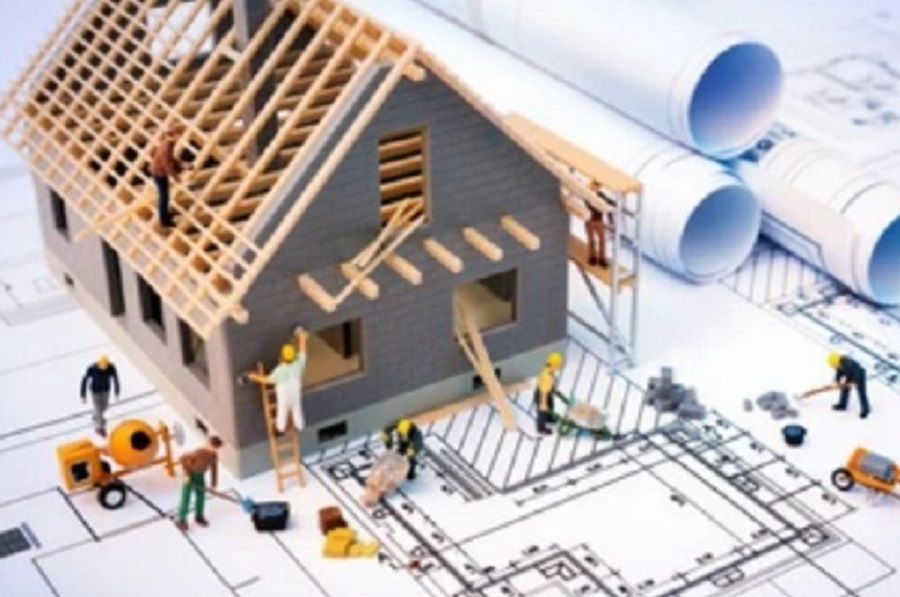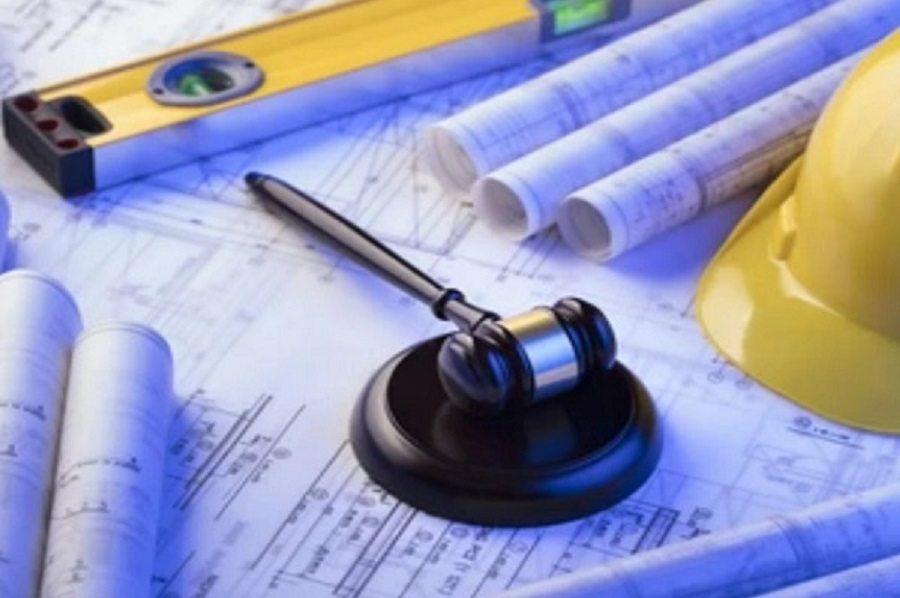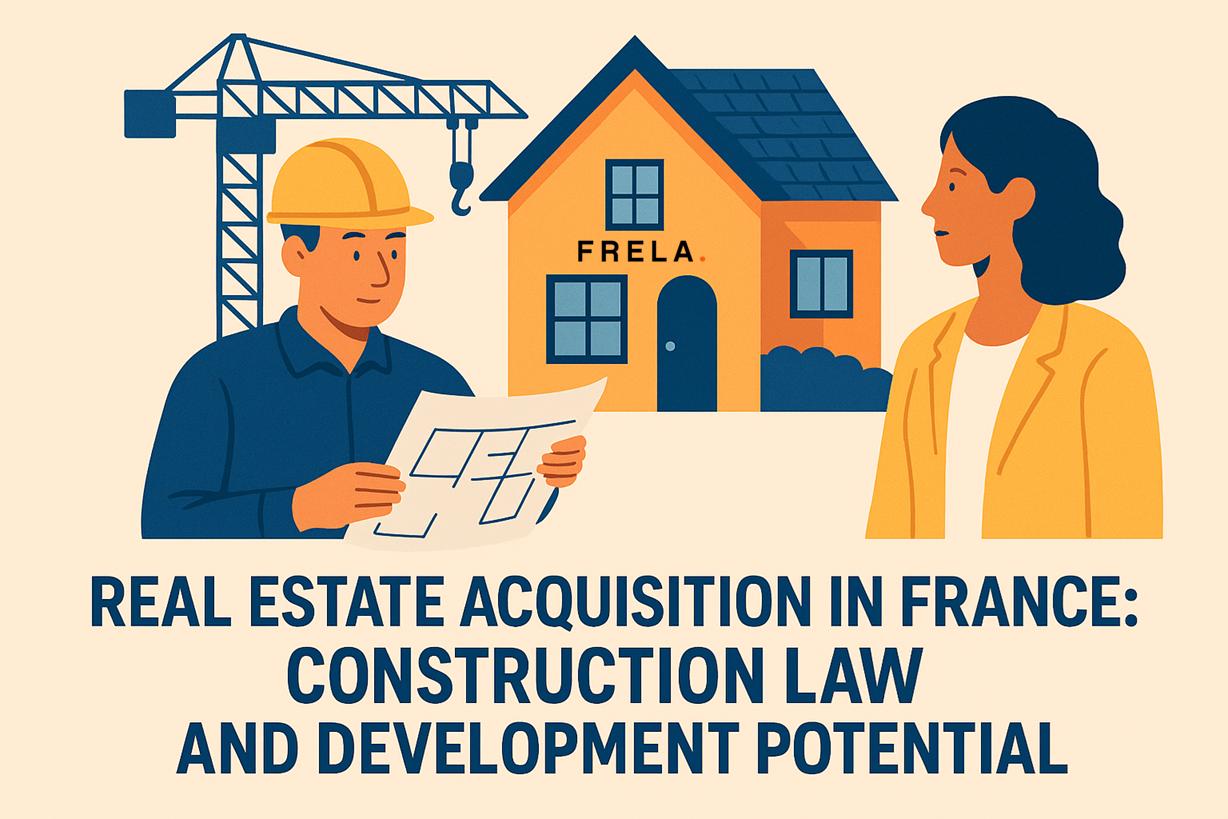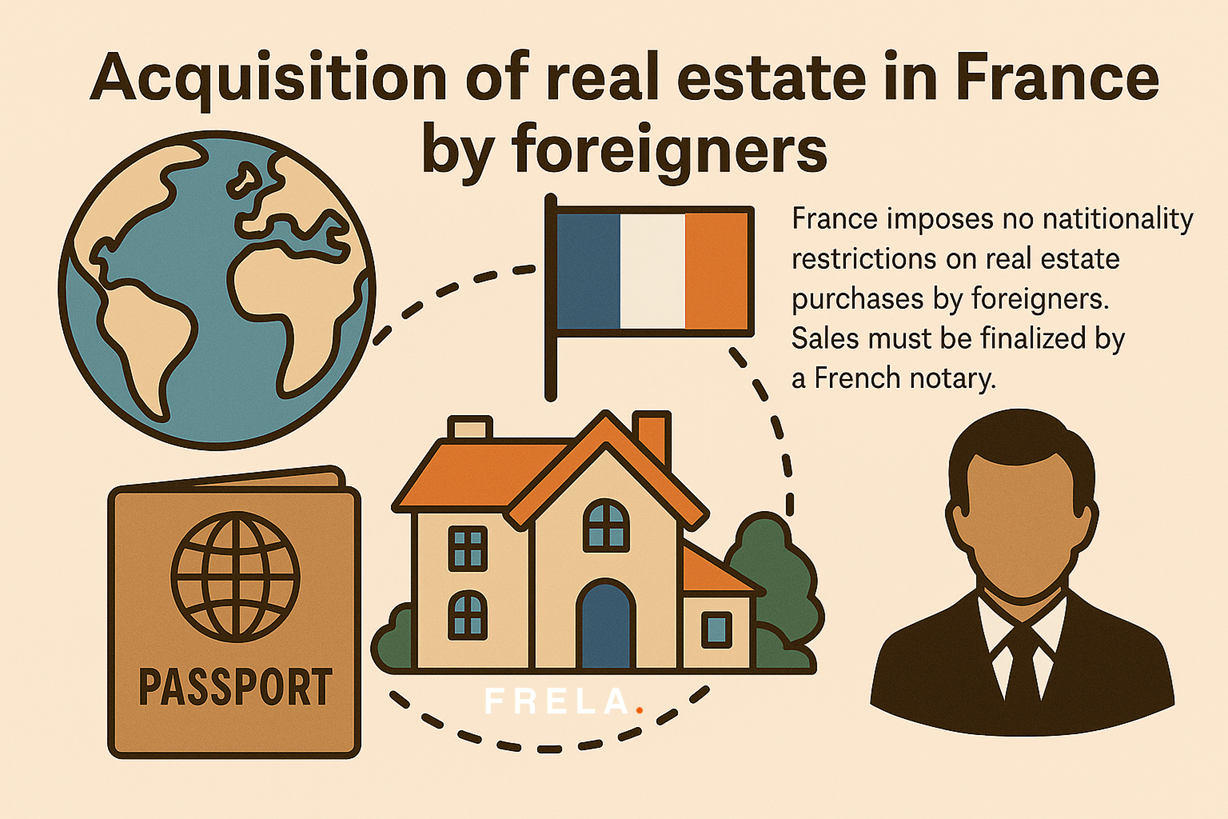Determining if a land is buildable in France
Buying a land is an important step in realizing one’s real estate project. However, it is essential to ensure that the land is buildable before starting any work. In France, the buildability of a land is subject to several rules and procedures. Here is a practical guide to know if a land is buildable in France.


Checking buildability through the Local Urban Plan (PLU)
The Local Urban Plan (PLU) is a document established by local authorities that defines the urban planning rules applicable to their territory. It allows you to know if a land is buildable and under what conditions. The PLU sets out the rules on height, density, size, and location of buildings. It also specifies the buildable areas, protected areas, natural areas, agricultural areas, wetlands, etc. It is therefore essential to consult the PLU of the municipality where the land is located to know if it is buildable.
The objective of the PLU is to manage the development and renewal of the municipality by defining the different zones of the municipality that are buildable or not buildable. It thus delimits four major zones, which can then be divided into a multitude of smaller zones.
- The urban zone
The first zone is the urban zone (U), where all the land is generally buildable because there are already constructions and easements such as electricity, water, and gas access. It is therefore possible to carry out a new construction or an extension, in compliance with the current urban planning rules. - The zone to be urbanized
The second zone is the zone to be urbanized (AU), which is in the process of being made viable. It is also generally buildable because it already has easements at its limits. These areas are those that will allow the municipality to develop, they will receive buildings in the medium or long term, and can become urban areas (U) through a revision of the PLU. - The agricultural zone
The third zone is the agricultural zone (A), intended only for agricultural activities. It is therefore impossible to build on it except for infrastructures related to agricultural activity. Landowners are often faced with the question of how to turn agricultural land into buildable land, and it is important to inquire about the rules in force for each particular case. - The natural and forest zone
The fourth zone is the natural and forest zone (N), which is generally non-buildable because it designates a protected space dedicated solely to nature. It is therefore important to respect these areas in order to preserve biodiversity and ecological balance.
Buildability of a land: a concept that evolves
Consulting the PLU is therefore essential to know the buildability of your land according to the zone where it is located. However, it is important to note that the rules governing urban planning can change over the years. It is therefore possible that a plot of land that was not buildable for years could become buildable next year. In this case, it is recommended to consult a lawyer specialized in urban planning to advise you on your rights.
Checking buildability through the certificate of urbanism
It is possible to request a certificate of urbanism from the municipality of the land. There are two types: the certificate of urbanism for information and the operational certificate of urbanism. First, the certificate of Checking constructibility through the Urban Planning Certificate
Checking constructibility through the land registry
The land registry is also an essential document to determine the constructibility of a land. It allows to determine the exact limits of a land and the zone in which it is located. To obtain a cadastral survey, several options are possible, including going to the town hall.
To determine if a land is constructible in France, it is essential to inquire about the applicable urban planning rules in the commune where the land is located. It is important to gather information before starting work to avoid any disputes and to ensure that the real estate project can be carried out in the best conditions. If you have doubts about the constructibility of a land, it is recommended to consult a lawyer specialized in real estate law. They can advise you on urban planning rules and the procedures to follow to determine if the land is constructible.
About the Author :
Business lawyers, bilingual, specialized in acquisition law; Benoit Lafourcade is co-founder of Delcade lawyers & solicitors and founder of FRELA; registered as agents in personal and professional real estate transactions. Member of AAMTI (main association of French lawyers and agents).
FRELA : French Real Estate Lawyer Agency, specializing in acquisition law to secure real estate and business transactions in France.
Paris, 19 Rue du Colisee, 75008 Paris
Bordeaux, 78 Cours de Verdun, 33000 Bordeaux
Lille, 40 Theater Square, 59800 Lille

This article is provided for general information only and may not reflect the most recent legal or tax developments. It does not constitute legal advice. Please contact us for personalised guidance before making any decision.




